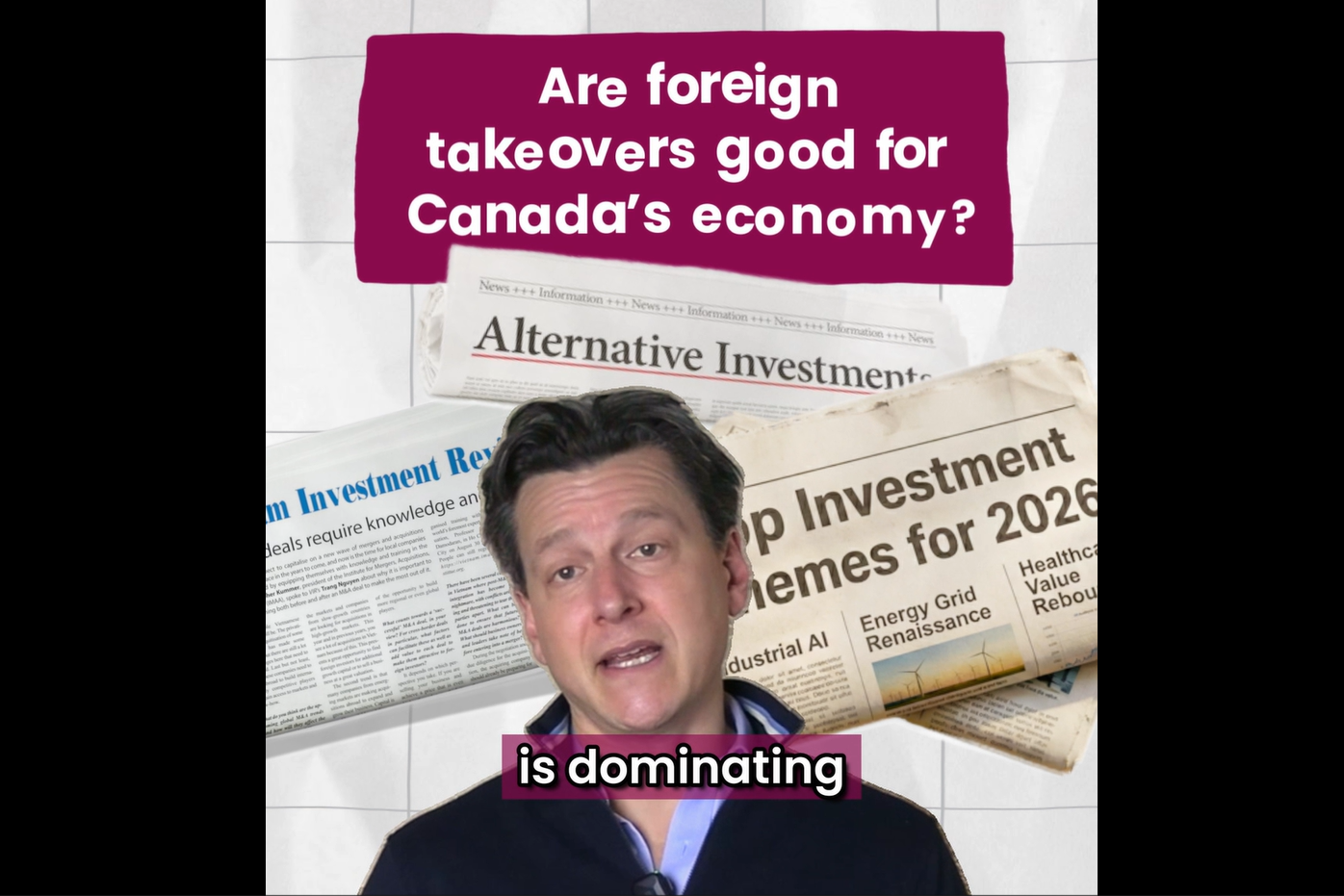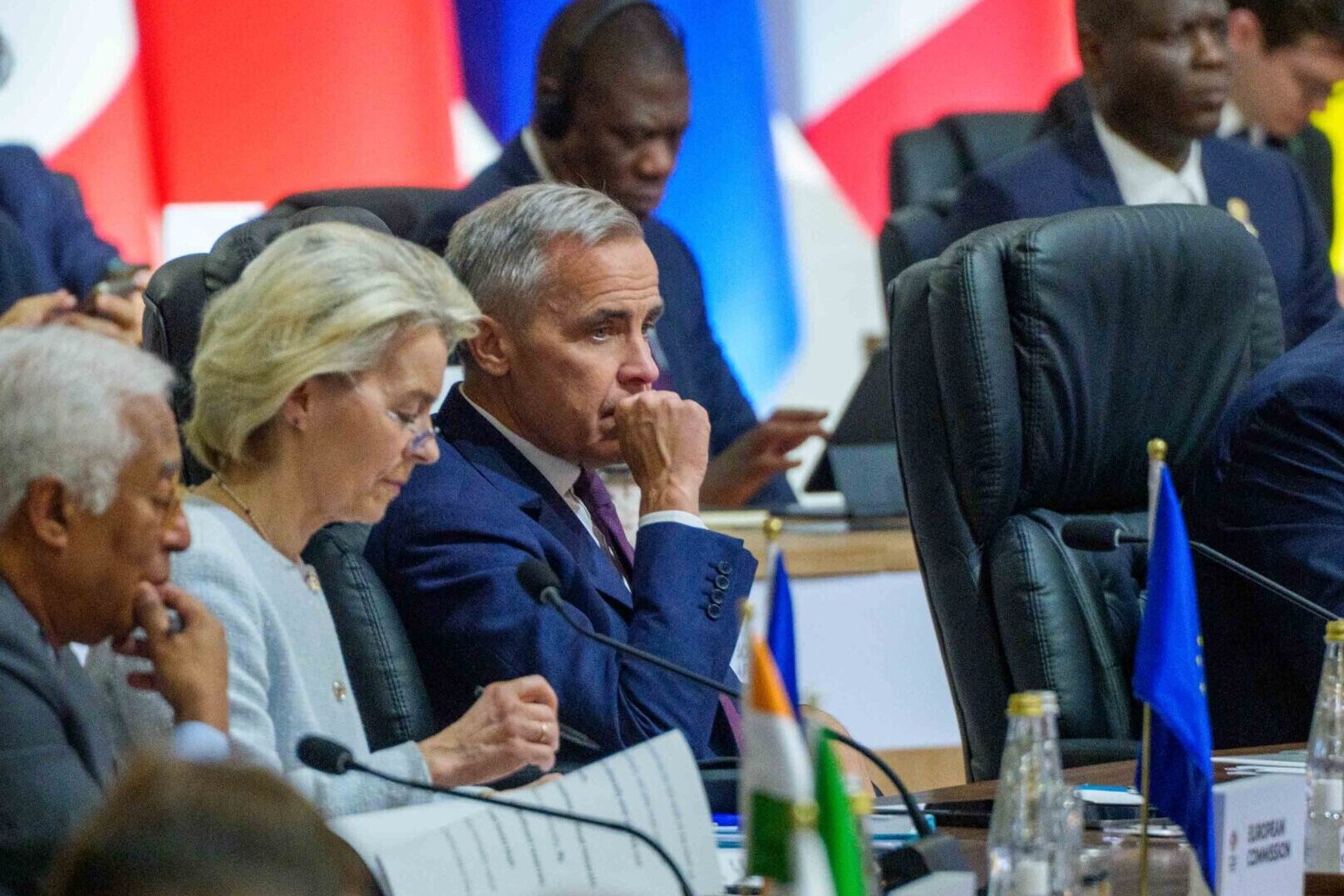A Quick Start Plan to Double Down on Investment
Panel discussion: Here’s how global experts suggest we can accelerate investment to drive economic growth and create a sustainable, prosperous environment.
Thursday, April 24, 2025
10:15 a.m.
Fairmont Royal York
100 Front Street West, Toronto, ON M5J 1E3
Panelists
Matthew Mendelsohn
CEO, Social Capital Partners
Michelle Harradence
Executive Vice-President and President, Gas Distribution & Storage, Enbridge
Peter Tertzakian
Founder, ARC Energy Research Institute
Moderator
Luiza Ch. Savage
Executive Editor, POLITICO
Share with a friend
Related reading
Watch the video: Are foreign takeovers good for Canada’s economy?
We all want more investment in Canada's economy. But as SCP Chair Jon Shell explains in this video, when it comes to foreign investment in the Canadian economy, or FDI, we have to ask: is it investment that builds? Or investment that buys? Because these are two very different things.
Mark Carney’s Davos speech is a manifesto for the world’s middle powers
Mark Carney's recent speech at Davos matters because it treats this moment as a rupture, not a passing disruption. It’s in this rethink, write Matthew Mendelsohn and Jon Shell, that there is also relief: “From the fracture, we can build something better, stronger and more just,” Carney said. “This is the task of the middle powers.” The world's middle powers are not powerless, but we have been acting as if we are, living within the lie of mutual benefit with our outsized and increasingly erratic neighbour. Without the U.S., the world's middle-power democracies are rich, powerful and principled enough that we can unite to advance human well-being, prosperity and progress.
Four reasons our economy needs employee ownership now
Employee ownership offers a timely solution to some of Canada’s most pressing economic challenges, writes Deborah Aarts in Smith Business Insight. Evidence shows that when employees share ownership, businesses become more productive, innovative and resilient. Plus, beyond firm-level gains, employee ownership can help address the coming mass retirement of business owners, protect local economic sovereignty, boost national productivity and reduce wealth inequality. There is enough data about the brass-tacks benefits of employee ownership to sway even the most hardened skeptic.


